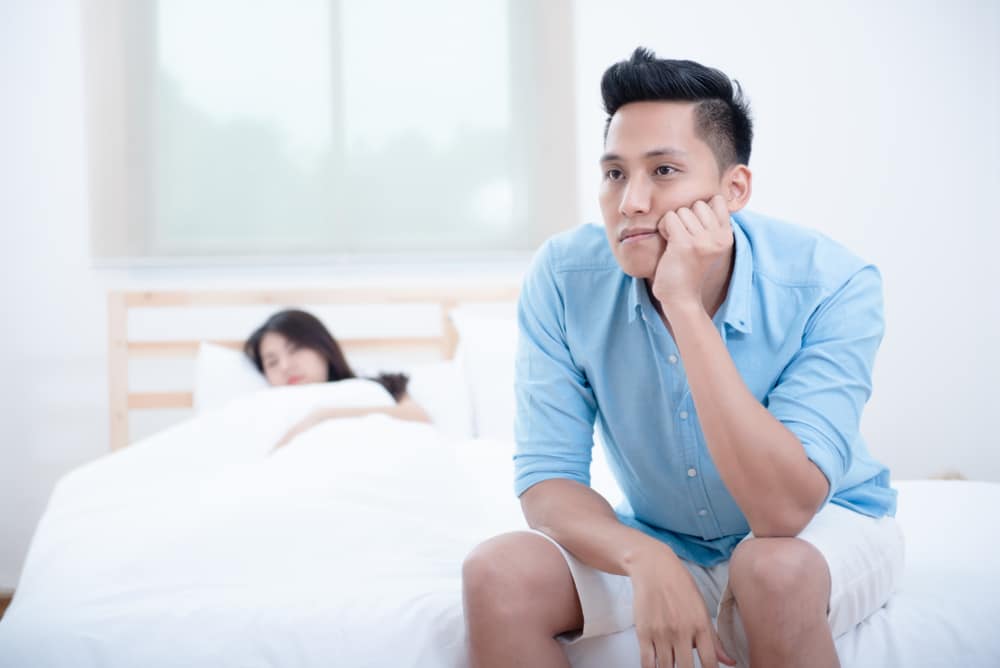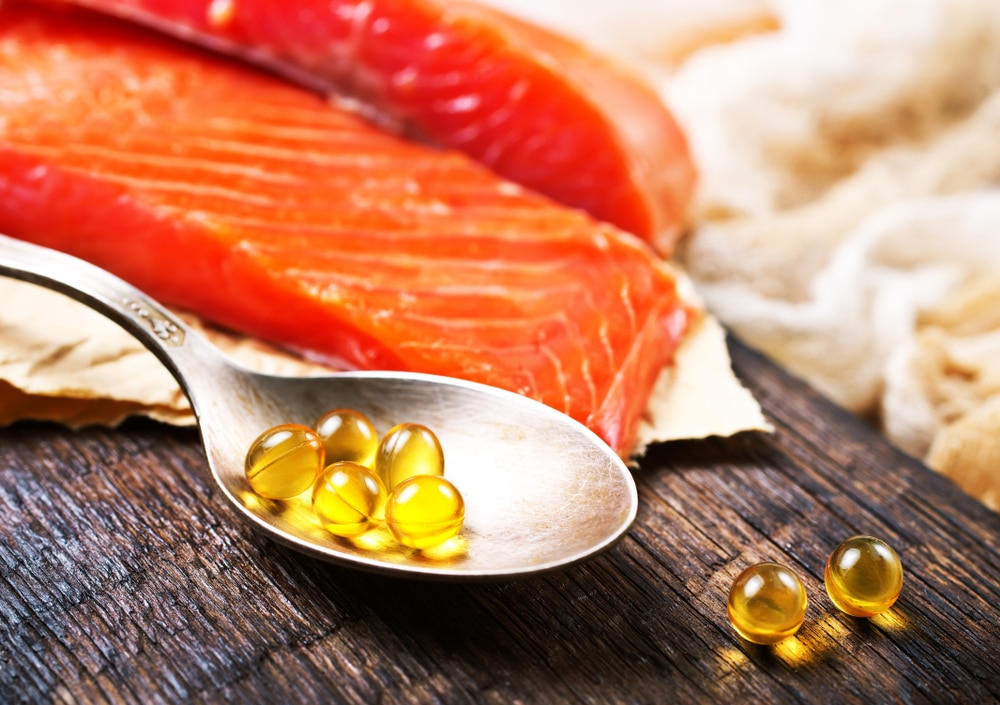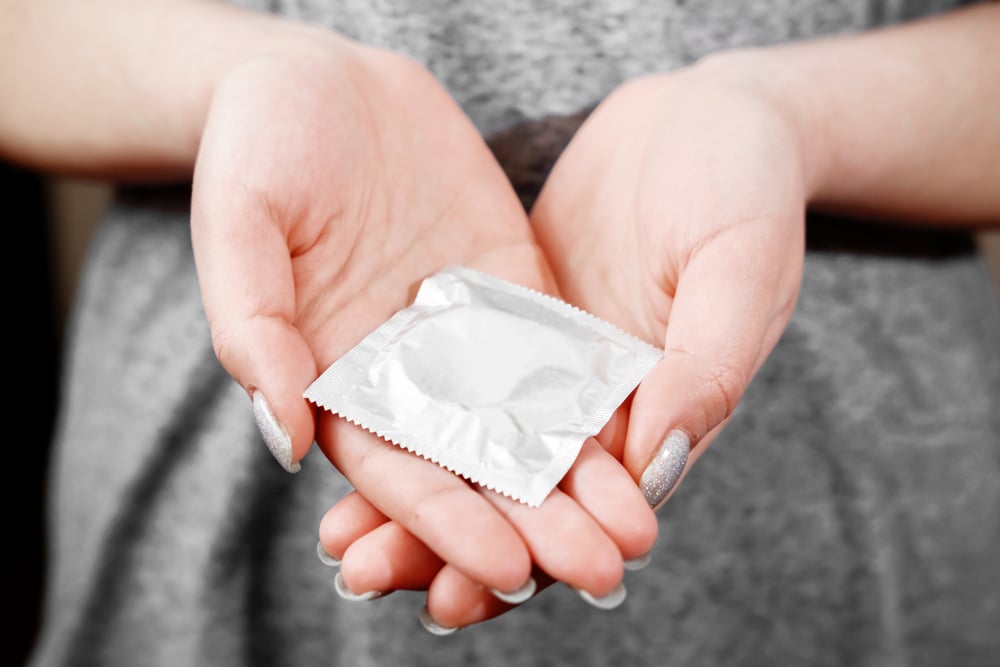Libido is the term used to describe the level of a person’s sex drive. Low libido means a low interest in sexual activity. There are many possible causes of low libido, including physical and emotional conditions, medications, and lifestyle choices. In most cases, it is caused by a combination of factors. There are also many treatments for this condition, depending on the cause.
What Causes Low Libido In Men?
Some of the proven causes of lack of interest in sex in men include:
Low Testosterone Levels
Testosterone is the hormone that regulates sexual desire in men. A man’s testosterone level generally begins to decline after age 30. By age 40, it may be half of what it was during his 20s (8). This is a natural part of aging.
A variety of health conditions can also cause low testosterone levels, such as (5):
- Pituitary gland disorders
- Obesity
- Sleep disorders
- Addison’s disease (decreased production of hormones by the adrenal glands)
- Klinefelter syndrome (a genetic disorder that results in an extra copy of the X chromosome in males)
Symptoms of low testosterone levels can include (5):
- Low libido
- Erectile dysfunction
- Reduced muscle mass
- Fatigue
- Depression
The most common treatment for low testosterone levels is hormone replacement therapy. TRT is not without its side effects, however. These can include (5):
- Acne
- Increased body hair
- Enlarged prostate
- Breast enlargement (gynecomastia)
- Heart problems
- Low sperm count
Read More: What Is Sexual Wellness And Why Does It Matter?
Psychological Factors
A man’s emotional state can also affect his libido. Stress, anxiety, and depression can all reduce libido in men (6).
Stress triggers the release of hormones that interfere with sexual function. These hormones, especially cortisol, affect testosterone levels in men and can lead to reduced libido (6).
Stress may come from work, family responsibilities, or other sources. Stress management techniques, such as relaxation therapies, may help reduce stress and improve sexual function.
Anxiety about sexual performance or body image can make intimacy less enjoyable and, as a result, reduce libido (6).
Depression can cause a lack of interest in activities that were once enjoyable, including sex. It can also lead to fatigue and decreased energy, both of which can reduce libido (6).
Men with anxiety or depression may find relief from their symptoms by undergoing treatment. Treatments for anxiety and depression can include medication, therapy, or a combination of both.
Lifestyle Factors
Your lifestyle can also play a role in your low libido. Some factors that may contribute significantly to low libido in men include:
Alcohol And Drug Abuse
Excessive alcohol consumption can lead to a decrease in sexual desire and erectile dysfunction. Drug abuse, including smoking, illegal drugs and prescription medications, can also contribute to low libido (6).
This happens because drugs contain chemicals that can alter your hormones and nervous system. These changes can reduce sexual desire and make it more difficult to get or maintain an erection (6).
Too Much Or Too Little Exercise
The right amount of exercise has been shown to improve sexual function in men. However, too much exercise can actually have the opposite effect. It can cause physical and mental fatigue, which can also reduce your sex drive (1).
Exercise can also trigger cortisol, a stress hormone that has been linked to lowered libido. In one study, men who had high levels of cortisol were more likely to experience erectile dysfunction than those with lower levels (1).
Likewise, too little exercise may also have a negative effect on sexual health. People who are inactive tend to be overweight or obese, which can lead to health problems that reduce sexual desire and pleasure (6).
Furthermore, inactive people have poor muscle tone, which leads to reduced blood flow and sexual dysfunction (6).
Ideally, you should get 30 minutes of moderate to vigorous exercise most days of the week. You may engage in cardiorespiratory activity, weightlifting or resistance training, stretching exercises or a combination of these.
If you wish to free yourself from all the extra pounds that have been weighting you down for way too long, start using the BetterMe app and overhaul your entire life!
Poor Diet
A poor diet can also cause low libido in men. Foods that are high in saturated fat, sugar, and salt can all have a negative effect on sexual health (2).
These foods can cause inflammation in the body, which can lead to health problems such as heart disease and diabetes. Such conditions can reduce blood flow and libido (2).
A healthy diet should help to improve your libido. Eat plenty of fruits, vegetables, whole grains, and lean protein. Drink plenty of water, too.
Fatigue
Fatigue is a common cause of low libido. It can be caused by work-related stress, poor sleep habits, anxiety or depression. Fatigue can also be a side effect of certain medications, such as antidepressants (6).
Obesity
Carrying extra weight can cause a variety of health problems that can lead to low libido, including diabetes, high blood pressure, and sleep apnea. It also impairs metabolism and hormone production, leading to low testosterone levels (4).
Smoking
Smoking cigarettes can have a negative effect on many aspects of male health, including libido. It damages blood vessels and reduces the amount of testosterone a man produces. It has also been linked to erectile dysfunction (6).
Medications
Certain medications can cause low libido. Common offenders include (9):
- Anticonvulsants
- Antidepressants
- Blood pressure medications (beta-blockers)
- Chemotherapy drugs
- Beta-agonists, which are bronchodilators used to treat asthma
- Statins
- Antipsychotics
If you are taking any of these medications and experiencing low libido, speak to your doctor about whether or not there might be an alternative that doesn’t affect your sex drive.
Read More: The Ultimate Guide To Buying Condoms Minus The Anxiety
Hormone Problems
Low testosterone is one of the most common hormone problems, and it is linked to low libido. Other hormone imbalances can also cause low libido. These include:
Thyroid Problems
The thyroid gland helps to regulate the body’s hormone levels. It is responsible for producing thyroid hormones, which play a role in metabolism, growth, and development. If the thyroid gland isn’t functioning properly, it can lead to low libido (3).
Cushing’s Disease
Cushing’s disease is a condition that occurs when the body produces too much of the hormone cortisol. Cortisol is a stress hormone that’s involved in the body’s response to stress. When too much cortisol is produced, it can lead to a number of health problems, including low libido (3).
Adrenal Fatigue
Adrenal fatigue is a condition that occurs when the adrenal glands are exhausted. The adrenal glands produce a number of hormones, including cortisol and adrenaline. Adrenal fatigue can lead to low libido (3).
Chronic Illness
Chronic illness can zap your energy and affect your mood, both of which can ruin your libido. Examples of chronic illnesses that can cause low libido include diabetes, cancer, heart disease, and arthritis (6).
Sleep Disorders
A good night’s sleep is important for many aspects of health, including libido. There are a number of sleep disorders that can lead to low libido, including (7):
- Insomnia: This is a condition in which someone has difficulty falling or staying asleep. It can lead to fatigue, which can decrease interest in intimacy.
- Sleep apnea: This is a disorder in which someone stops breathing for brief periods during sleep. It can lead to restless sleep and to fatigue the next day.
- Restless leg syndrome: This is a condition in which people feel an urge to move their legs, often accompanied by a pins-and-needles sensation. This can make it difficult to fall asleep or stay asleep.
You need at least 7-8 hours of sleep every day for the proper functioning of your body and mind (7). If you have any sleep disorders, it is important to talk to a doctor about treatment options.
There are some changes you can make to your lifestyle to improve your sleep, including:
- Avoid caffeine and alcohol before bed
- Establish a regular sleep schedule
- Avoid working or using electronic devices in bed
- Practice relaxation techniques before bed
Yanking yourself back in shape has never been so easy with our game-changing fitness app! Start transforming your life with BetterMe!
Relationship Problems
Intimacy is often a key part of a healthy relationship. If there are problems in the relationship, it can be a major contributor to low libido. Some common relationship problems that can lead to low libido include:
- Communication difficulties: If you and your partner are not communicating well, it can be difficult to feel close to each other and be interested in intimacy.
- Conflict: Arguments and disagreements are a normal part of any relationship, but if they are frequent or unresolved, it can lead to a loss of interest in intimacy
- Lack of trust: If you do not trust your partner, it can be difficult to feel comfortable being intimate with them
If you are experiencing relationship problems, it may be helpful to explore why this is the case and work on building trust and communication skills. You may also want to seek counseling or therapy to help address the issues.
The Bottom Line
Low libido can have many different causes, both physical and psychological. It is important to identify the root cause of the problem so that it can be treated effectively. If you are experiencing low libido, talk to your doctor about potential causes and treatment options.
DISCLAIMER:
This article is intended for general informational purposes only and does not address individual circumstances. It is not a substitute for professional advice or help and should not be relied on to make decisions of any kind. Any action you take upon the information presented in this article is strictly at your own risk and responsibility!
SOURCES:
- Endurance Exercise Training and Male Sexual Libido (2017, pubmed.gov)
- Food with Influence in the Sexual and Reproductive Health (2019, pubmed.gov)
- Hormonal causes of male sexual dysfunctions and their management (hyperprolactinemia, thyroid disorders, GH disorders, and DHEA) (2013, nih.gov)
- Lifestyle modifications and erectile dysfunction: what can be expected? (2015, nih.gov)
- Review of health risks of low testosterone and testosterone administration (2015, nih.gov)
- Risk Factors Affecting Decreased Libido Among Middle-Aged to Elderly Men; Nocturnal Voiding is an Independent Risk Factor of Decreased Libido (2021, nih.gov)
- Sleep, Sleep Disorders, and Sexual Dysfunction (2019, nih.gov)
- Testosterone for the aging male; current evidence and recommended practice (2008, nih.gov)
- These medications cause low libido (2020, singlecare.com)















